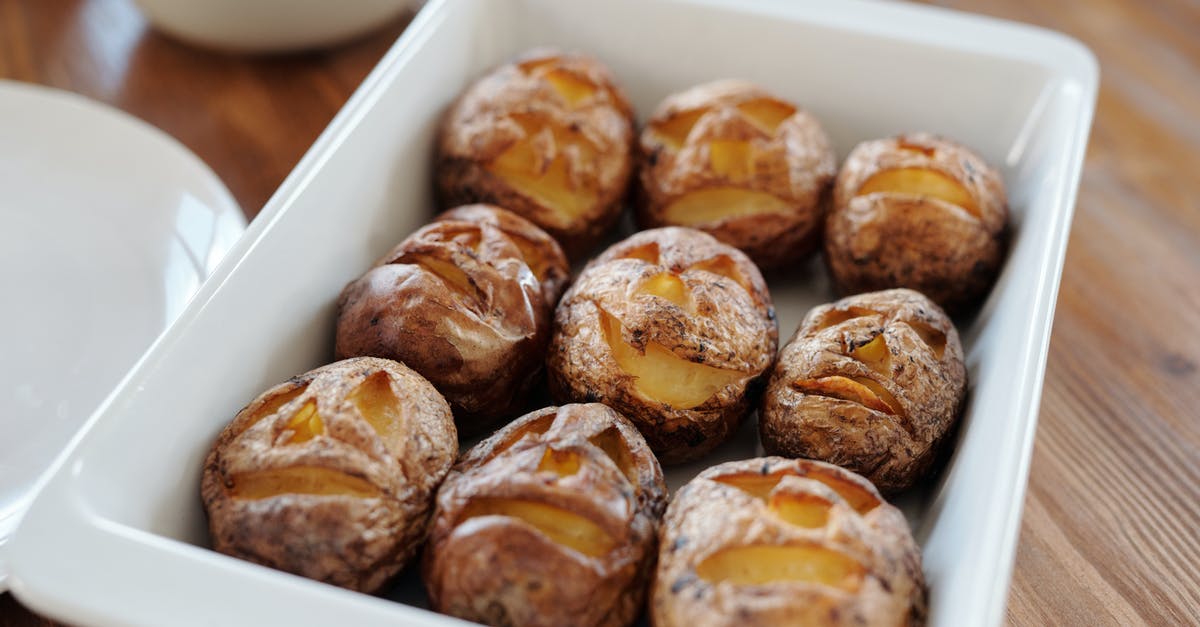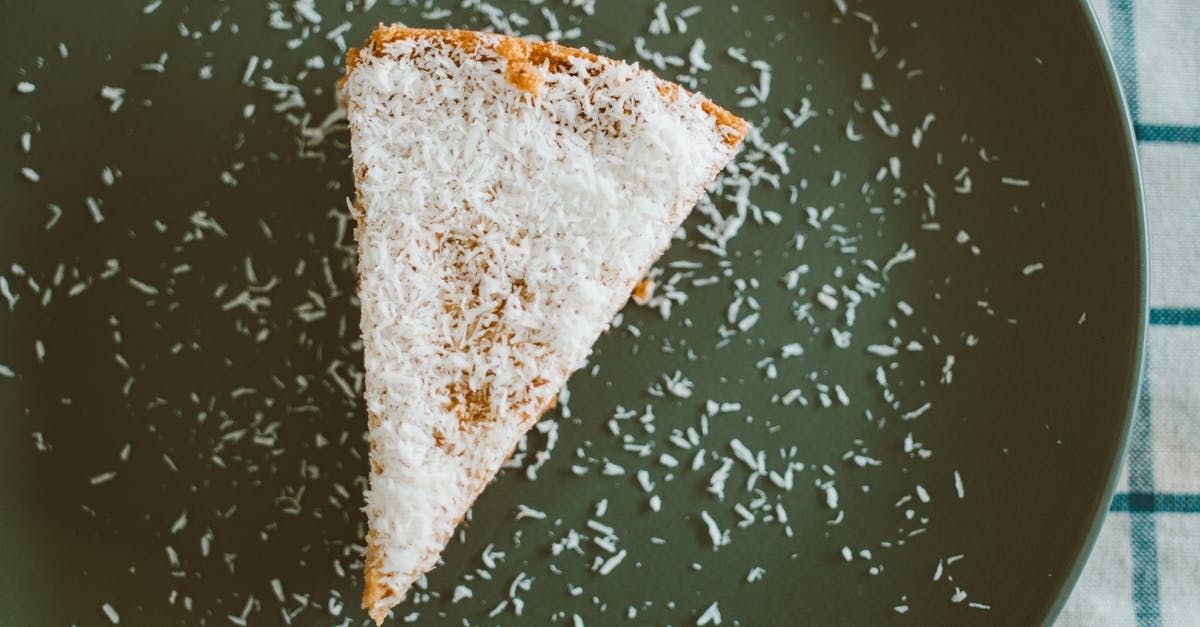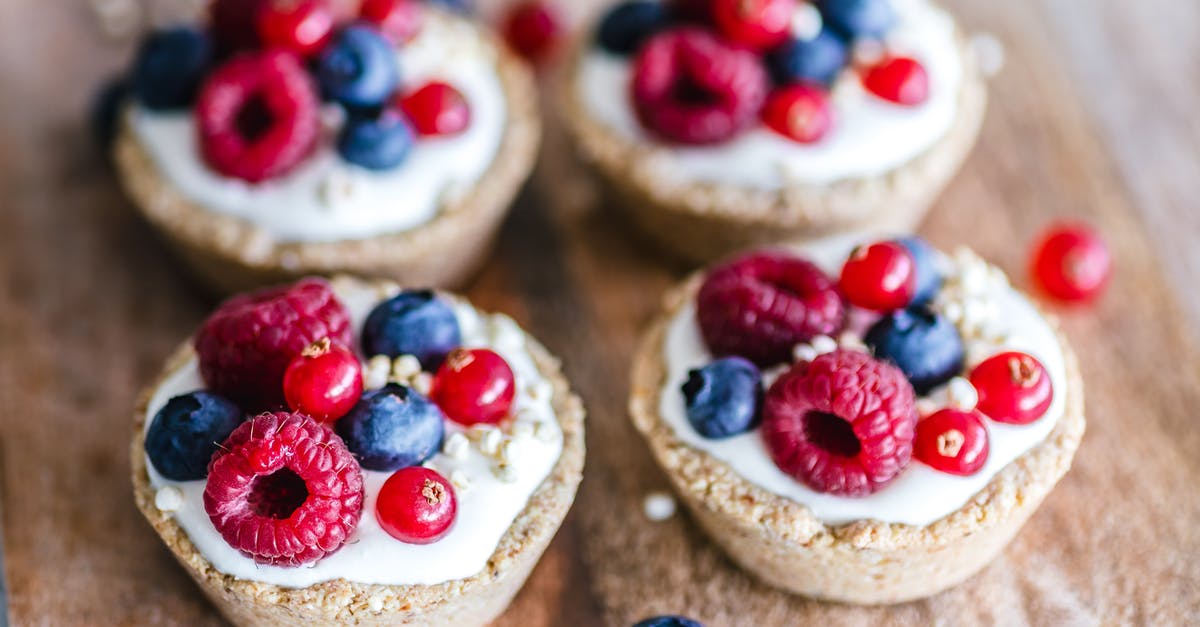Temperature and Duration for Baking Sweet Potatoes

I am currently reading in literature about vegetables and came across a section describing how to best prepare sweet potatoes:
Most sweet potato varieties sweeten during cooking thanks to the action of an enzyme that attacks starch and breaks it down to maltose, a sugar made up of two glucose molecules that’s about a third as sweet as table sugar. Moist or “soggy” varieties convert as much as 75% of their starch to maltose, so they seem permeated with syrup! The enzyme starts to make maltose when the tightly packed starch granules absorb moisture and expand, beginning around 135ºF/57ºC, and it stops when the rising heat denatures it, at around 170ºF/75ºC. Slow baking therefore gives the enzyme a longer time to work than does rapid cooking in steam, boiling water, or a microwave, and produces a sweeter result. Freshly harvested “green” roots available in the autumn have less enzyme activity and so don’t become as sweet or moist. [On Food and Cooking: The Science and Lore of the Kitchen]
So it is clearly stated that sweet potatoes should be baken between roughly 60 to 70°C. Contrary to that I read in a lot of online recipes and cooking "how-to's" that they bake the sweet potatoes farely hot, starting at 320°F/160°C for at least 15 minutes.
I want to prepare a pasta, where sweet potatoes, cut into small cubes, shall be one of the main ingredients.
In light of the above stated facts, what temperature and duration can be suggested from your side for baking sweet potatoes?
Best Answer
Based on everything you provided in your question, the best thing to do is for you to do at least a series of timed trials and ideally timed trials at different temperatures. There is not enough to suggest a cooking time. As for temperature, you already have a range.
While I do not have an answer to your question on cooking time, this is what I would do next time I cook sweet potato for sweetness:
- Cook a sweet potato at 160C in the oven as control
- Sous vide 12 sweet potatoes at 57C
- At 10 minute intervals, take out one potato, plunge it in ice water for 5 min and taste, compare its sweetness to the one cooked at 160C and also to an uncooked one. Repeat until all the potatoes are taken out and the last one would have been cooked for 2 hours.
- You can repeat the entire trial at higher temperatures.
You can of course do this using an oven and over a range of temperature settings. I suggest starting from around 60C, and you need to take an additional measurement of the inside temperature of every potato you take out before putting it into ice water to quench.
If your objective is to maximise enzymatic sugar conversion, then using an oven is not going to give you much control. It is just too hard to calculate heat diffusion rates and determine when to take them out of a hot oven. The most reliable method would be sous vide, seal your sweet potatoes in a bag, and immerse the bag in a 57C to 75C water bath for quite a long time (please bear with the lack of quantitative time for a moment).
Many cooking science articles focus just on qualitative descriptions with the most useful quantitative parts missing. The piece you quoted is just like that, interesting read but with no practical value. Beta-amylase hydrolysis of starch to maltose is interesting and like most enzymes, beta-amylase works at a fairly typical temperature range, nothing especially helpful or fascinating here. The most useful bit is missing, it is all about reaction kinetics, the rate of reaction and which factors change the rate by how much, that is how much time will it take to cook the sweet potatoes at the stated temperature range. All the bits that would allow a someone to calculate cooking time. The absence of quantitative parts in too many cookery science writings (there are enough pleasant exceptions) is frustrating.
Amalyse hydrolysis of starch does not happen instantaneously and it is relatively slow compared with say baking soda reacting with creme of tartar. Not only is reaction rate affected by temperature and not linearly, concentration of starch affects it too (I am unsure if maltose concentration also plays a part) as does pH. Their effects on reaction rates are easy enough to measure and calculate that you can actually do that in your own kitchen. Ok, measuring maltose concentration is hard, but tasting for sweetness which is what is important after all is very easy. Besides, sensation of sweetness is also not linear to sugar concentration. The rest involves a clock, and a thermometer.
Pictures about "Temperature and Duration for Baking Sweet Potatoes"



What temp should a sweet potato be cooked to?
I typically bake sweet potatoes between 45 to 55 minutes in a 400 degree F. oven. You can check the internal temperature of your sweet potatoes with an instant-read thermometer -- you'll want them to be between 205 to 212 degrees F. in the thickest part of the potato when they're done.How long does sweet potato take at 400?
Preheat your oven to 400\xb0F. Give your sweet potatoes a good wash and scrub. Place the sweet potatoes on a baking sheet and poke 4 to 5 holes in each sweet potato with a fork or sharp knife. Bake in the oven for approximately 60 minutes, or until soft.How long does it take to bake sweet potatoes at 400 degrees?
Bake whole sweet potatoes in a 400 degree oven for 45-60 minutes. Larger sweet potatoes will take closer to 1 hour to cook while smaller ones can be ready in as little as 40 minutes.How long does it take to bake a potato at 400?
Preheat the oven to 400 degrees F. Toss the potatoes in a bowl with the oil, salt, and pepper until completely coated. Place on a baking sheet and bake until fork tender, about 45 minutes.BAKED SWEET POTATO | how to bake sweet potatoes perfectly
Sources: Stack Exchange - This article follows the attribution requirements of Stack Exchange and is licensed under CC BY-SA 3.0.
Images: Daisy Anderson, ROMAN ODINTSOV, ROMAN ODINTSOV, Ella Olsson
